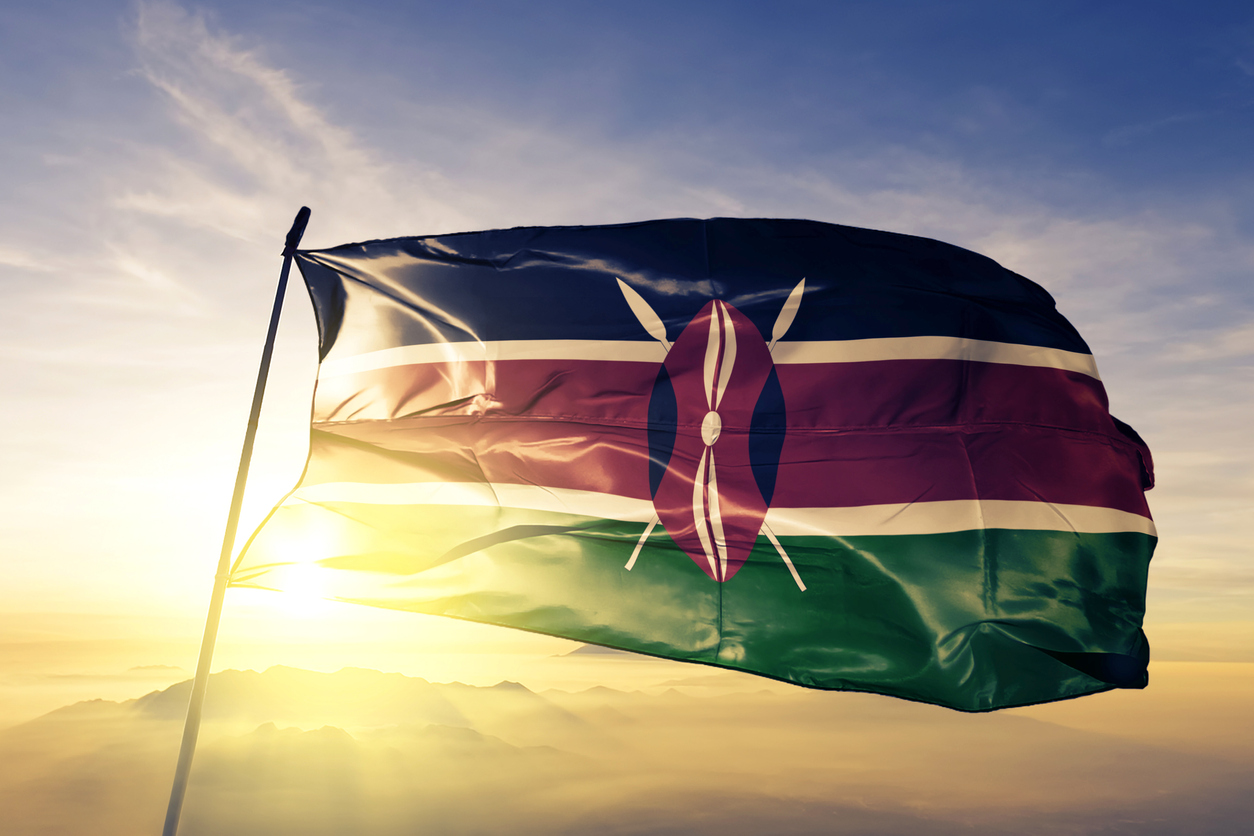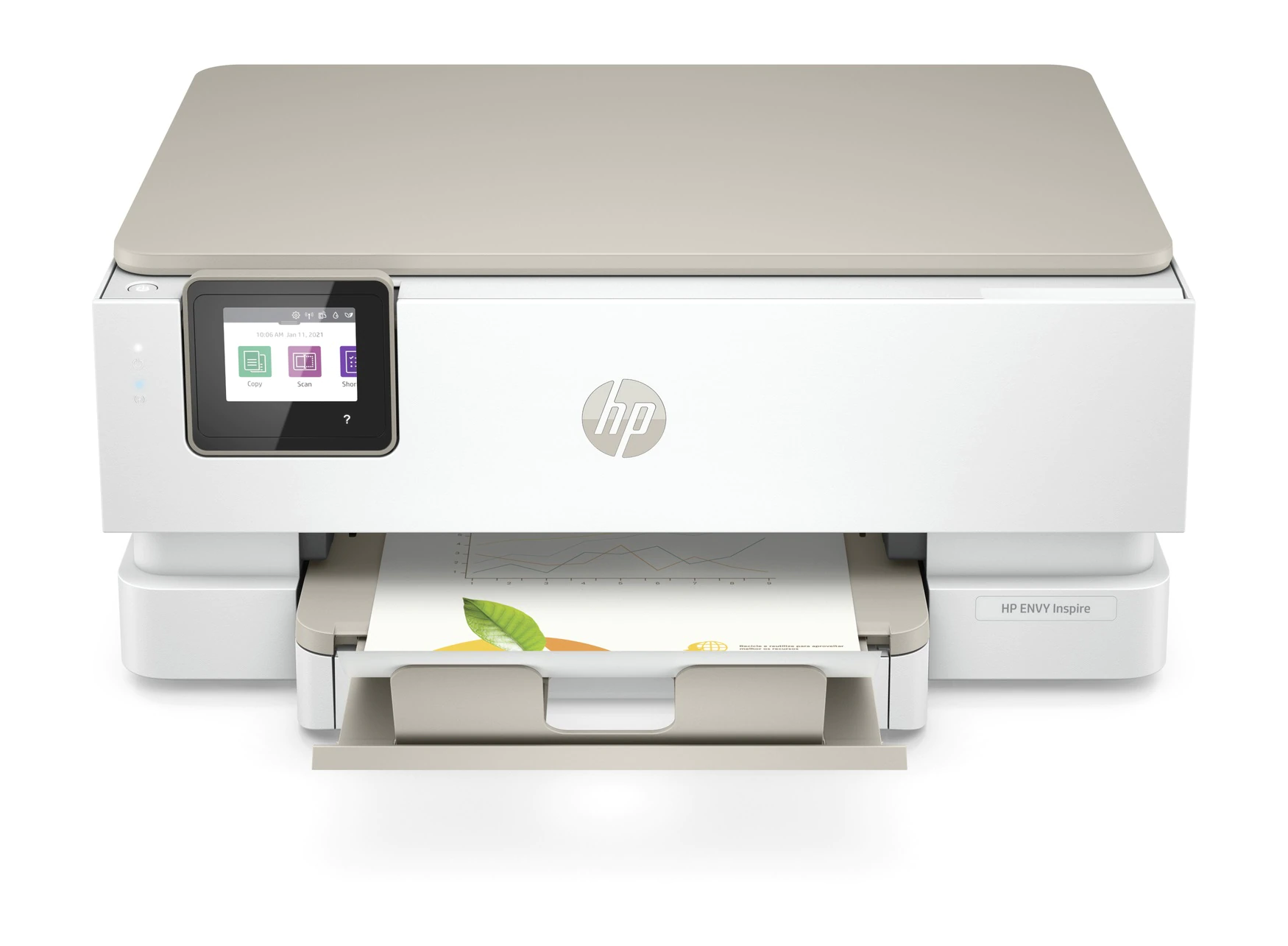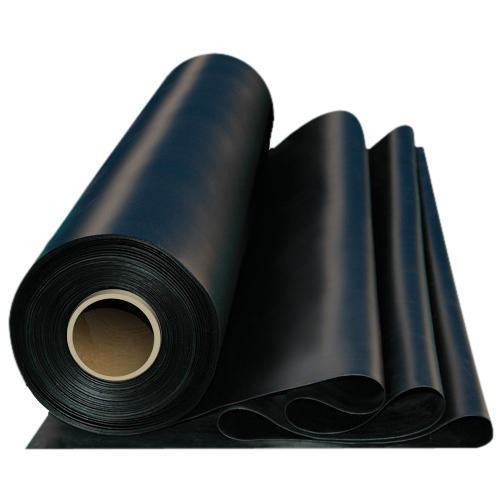A Step-by-Step Guide to Shipping Goods from Guatemala to Kenya
A Step-by-Step Guide to Shipping Goods from Guatemala to Kenya
Shipping goods from Guatemala to Kenya can seem like an intimidating process, but it doesn’t have to be. With the right information and resources, you can make the shipping process much simpler. This step-by-step guide will provide you with everything you need to know about shipping goods from Guatemala to Kenya. From understanding the regulations and paperwork required, to selecting the right shipping company, to preparing the goods for transport, this guide will provide you with the information and resources to make the process as straightforward as possible. With the right knowledge and preparation, shipping goods from Guatemala to Kenya can be a hassle-free experience.
Understanding the Regulations and Paperwork Required
Before you can start the shipping process, you need to understand the regulations and paperwork required for shipping goods from Guatemala to Kenya. The most important piece of information to understand is whether your goods require an export permit. There are three rules that apply to the export of goods from Guatemala: There are three rules that apply to the export of goods from Guatemala: If your goods require an export permit, you will need to obtain the necessary documentation from the Guatemalan government. You are responsible for the cost of obtaining these export permits, and they can take up to 90 days to process. If your goods are perishable or if they are subject to a phytosanitary or plant quarantine, you will need to present them to the relevant agencies for inspection. You may be required to present your goods at least 10 days before export. If your goods are over 2,000 pounds or if they are valued at over $250, they will likely require an import permit from the Kenyan government. You are responsible for the cost of obtaining this import permit, and you may need to present it to the relevant agencies at least 10 days before export.
Selecting the Right Shipping Company
Once you have determined the type of goods you are shipping and the route you want to take, it’s time to select the right shipping company. There are a number of factors to consider when choosing a shipping company, including the company’s reliability, reputation, and experience with your particular route. Additionally, you will want to look at the shipping company’s services, costs, and payment options to ensure the company fits your shipping needs. It is important to note that the company you choose will have access to sensitive information, such as the nature of your goods and your contact details. Make sure that you trust the company and are comfortable providing this information before selecting a shipping company. Once you have selected a company, you will need to provide them with the information they require to help you ship your goods. This may include a description of the goods you are shipping, the quantity of each good, the value of the goods, and their hazardous nature, if applicable.
Preparing the Goods for Transport
Now that you have selected a suitable shipping company and provided them with all the necessary information, you will need to prepare the goods for transport. You will need to pack your goods appropriately to ensure they are protected while in transit. Always use commercial-grade packaging appropriate for the type of goods being shipped. This will help protect the goods and make sure they arrive safely. Make sure to mark the outside of the packages with the necessary information, including the name of the recipient, their address, and the nature of the goods being shipped. It is also a good idea to write down the tracking number for the shipment on the package. Doing so will make it easier to track the shipment’s progress once it has been shipped.
Filling Out the Necessary Paperwork
As mentioned above, if your goods require an export permit, you will need to obtain the necessary documentation from the Guatemalan government. You are responsible for the cost of obtaining these export permits, and they can take up to 90 days to process. The first step in obtaining an export permit is to determine which Guatemalan government agency is responsible for your goods. You can do this by consulting the Table of Commodity Nomenclature. Once you have determined the responsible agency, you will need to fill out an application form. The application form includes details such as the quantity of goods being shipped, the type of goods being shipped, and any applicable certification and/or labelling. Once you have submitted your application form, the government agency will conduct an inspection to determine whether the goods can be exported. If they are approved, they will issue an export permit.
Choosing the Right Shipping Method
Now that you have prepared your goods for shipping and obtained the necessary documentation, it is time to select the right shipping method. This will depend largely on the type of goods being shipped and the distance between the Guatemalan and Kenyan ports. You will want to select a shipping method that is both reliable and cost-effective. There are a number of shipping methods that can be used to ship goods from Guatemala to Kenya, including air transport, roll-on roll-off services, and container shipping. The type of goods being shipped will largely determine the most suitable shipping method. Air transport is typically more expensive than other shipping methods, but it is often the fastest, most reliable option available. RO-RO services are typically used for smaller shipments that are not in containers, and they are more cost-effective options. Containers are typically used for larger shipments, especially when international distances are involved. They provide a secure and safe method of transporting goods that is cost-effective.
Managing Shipping Costs
Now that you have selected a shipping method and prepared your goods for transport, it is time to think about managing shipping costs. There are a number of ways to manage shipping costs, including negotiating rates with shipping companies, looking for discounts and promo codes, and taking advantage of shipping rewards programs. When negotiating rates with shipping companies, it’s important to understand what factors can affect the price they give you. Some of these factors include the type of shipping you want to do, how long the trip will take, what type of goods are being shipped, and whether or not you are willing to take a non-container vessel. You can also look for shipping discounts and promo codes by visiting various shipping company websites. Make sure to check for any hidden fees or fine print before using discounted services. Finally, you can take advantage of shipping rewards programs. There are many different shipping rewards programs available online, and they can help save you money.
Tracking and Monitoring the Goods
Now that you have packed your goods, selected a shipping method, and managed shipping costs, it’s time to track and monitor the progress of your shipment. Most shipping companies will provide you with a tracking number for your shipment and will have an online tracking system that you can use to track and monitor the progress of your shipment. It is important to keep track of your shipment and be prepared for any potential delays. If your shipment is behind schedule or if there is an issue with it, you will want to contact the shipping company as soon as possible. Doing so will ensure that you are able to make any necessary adjustments and that your goods arrive safely. If your goods are imported, you also need to be aware of the rules and regulations related to importing goods to Kenya. There are a number of things you need to consider if your shipment is being imported to Kenya, including the type of goods being shipped, where they are being shipped from, and where they are going.
Understanding Customs and Duties
Now that your goods have arrived safely in Kenya, you need to understand what to expect when it comes to customs and duties. Depending on the type of goods you are importing, you may have to pay duties on your shipment. Whether or when you have to pay these duties will depend on a variety of factors. These include the type of goods being imported, their value, and their origin. You should prepare for potential delays when importing goods into Kenya. There are a number of things that can cause delays at the customs clearance stage, including the health of the importers, the verification of documents, and the availability of a customs agent. When your goods arrive in Kenya, you will likely have to go to customs to clear your shipment. Customs is the agency responsible for regulating trade and the flow of goods into and out of the country. Make sure you are prepared with all the necessary documents when clearing your shipment through customs.








LEAVE A COMMENT
You must be logged in to post a comment.